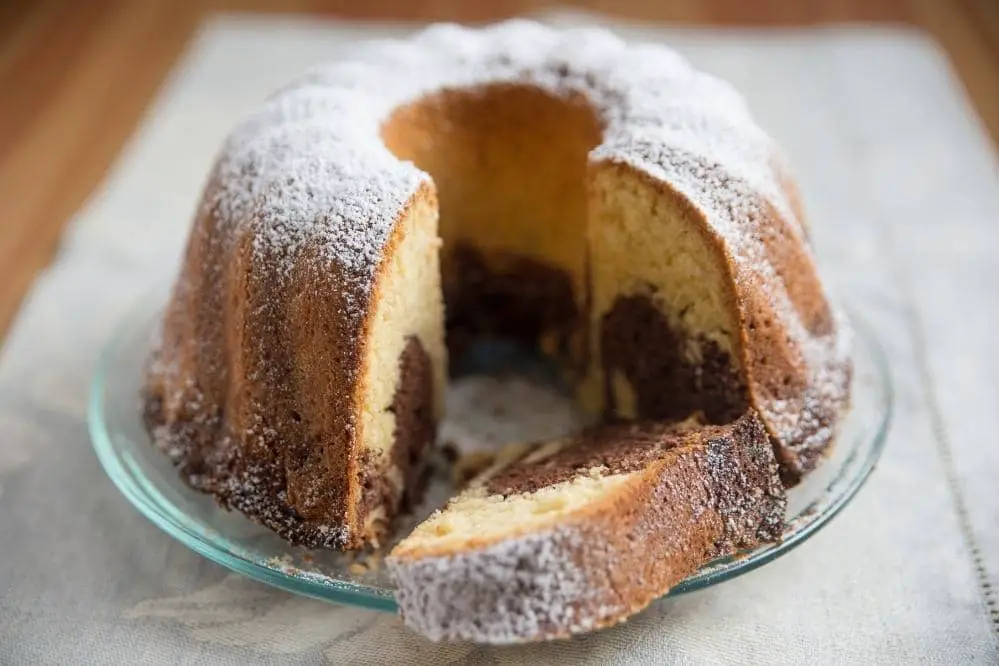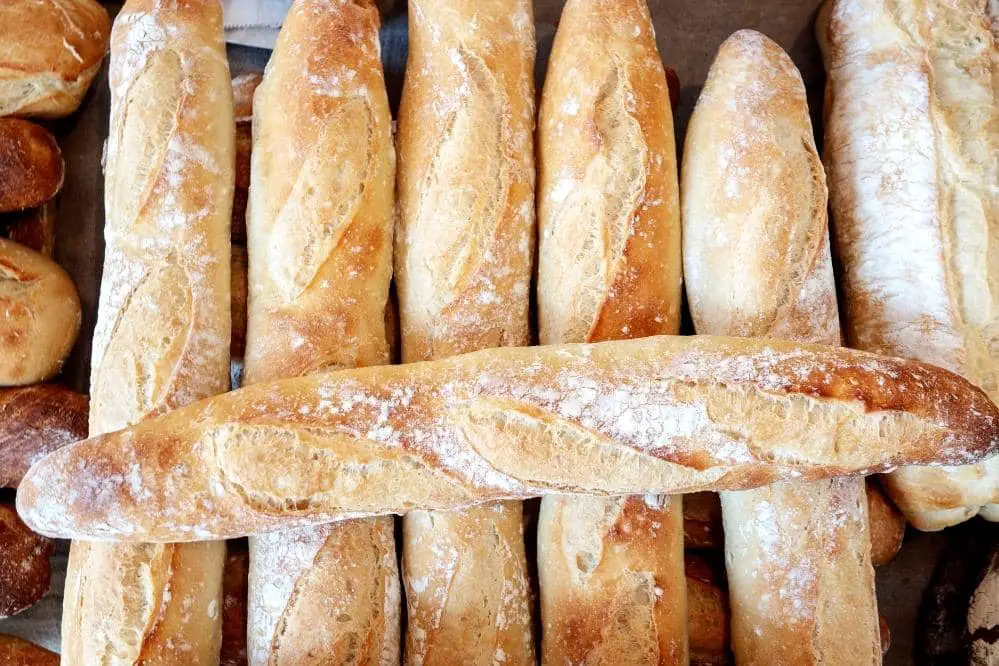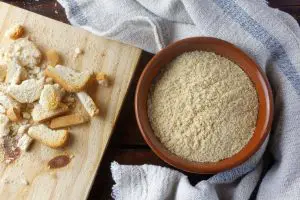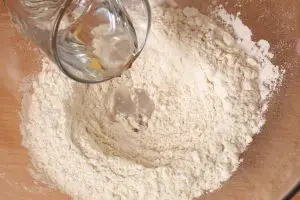If you’ve ever had brioche bread, then you know how delicious and indulgent it is. Is there a way to get it without buying a specialty loaf or if you are unable to find it at your neighborhood grocery store?
Never fear!
I’ve gathered some of the best substitutes for brioche bread so that you can get that same great taste without spending a fortune. From biscuits to croissants, we have something for everyone here. I hope you won’t be disappointed if you try one of these recipes.
What is Brioche Bread?
Brioche Bread is a delicious, rich, and smooth bread that is perfect for any occasion. Brioche is a bread made from eggs, butter, milk, and flour that complements sweet and savory dishes alike. Brioche can be enjoyed on its own or used to make sandwiches, French toast, or even dinner rolls. No matter how you eat it, Brioche Bread is sure to satisfy you.
What Can You Substitute For Brioche Bread?
It is possible to substitute other alternatives that are just as effective. You can choose from the following 8 options:
1. Challah

Challah is a good substitute for brioche bread since it is similar in consistency and flavor. Both loaves of bread are made with eggs, butter, and sugar, which gives them their rich, fluffy texture. They are also both great for French toast or stuffing. This rich, eggy bread is very similar to brioche in both taste and texture. It’s perfect for slicing and using in French toast or other sweet dishes.
2. Pain de mie
It has a soft, fluffy texture and a slightly sweet flavor, making it a good substitute for brioche bread. It’s similar to brioche bread, which is also a French white bread that has a soft, fluffy texture and a sweet flavor. As an alternative to brioche bread, pain de mie would be a good option. This soft white bread is often used in desserts like bread pudding.
3. Panettone

Panettone is an Italian holiday bread that is frequently produced with a sourdough starter. The dough is very light and airy, and it is traditionally filled with candied fruit and nuts. Although both panettone and brioche make excellent substitutes for one another, I believe that panettone makes a better substitute for brioche bread because it is not as sweet and its texture is more similar to that of traditional bread.
4. Gugelhupf

This German cake-like bread is denser than brioche but has a similar flavor. There are a few reasons that Gugelhupf makes an acceptable replacement for brioche bread.
- It has a similar flavor profile to brioche bread, but it is a bit sweeter.
- The texture of Gugelhupf is similar to brioche bread, making it a good option if you’re looking for something that will have the same mouthfeel.
- Gugelhupf is typically made with less butter than brioche bread, so it’s a healthier option overall.
5. Sweet rolls
You can usually find these at your local bakery. They come in a variety of flavors, but all are fairly sweet and make good substitutes for brioche.
6. Enriched white bread
Assuming you’re referring to using enriched white bread as a substitute for brioche in recipes, there are a few reasons why it can make a good substitution.
For one, the texture of both brioche and enriched white bread are similar. This is because both have higher egg content than traditional non-enriched white bread recipes. As a result, both rise higher and has tender crumb. Enriched white bread also has a slightly sweet flavor which can help mimic some of the flavors you’d get from brioche. Another key similarity between the two types of bread is that they both have relatively high-fat content.
7. Croissants

While they’re not the same, croissants make a good substitute for brioche thanks to their flaky texture and buttery flavor. Just be aware that they’ll likely be sweeter than traditional brioche.
8. French baguette
A good substitute for brioche bread would be a French baguette. Baguettes are made with high-gluten flour which gives them their chewy texture. They’re also baked at a high temperature which gives them their crispy crust.
Why Do You Need Different Substitute For Brioche Bread?
Brioche bread is a type of French bread that is made with a high proportion of butter and eggs. This makes the bread very rich and moist, with a delicate flavor. However, because it contains so much fat, brioche bread is not suitable for all types of baking.
For example, brioche bread can be used in recipes that call for sweet dough or yeast dough. But it cannot be used in recipes that call for quick slices of bread or cake batters, because the high level of fat would make the finished product too oily. Therefore, you need different substitutes for brioche bread depending on the recipe you are using.
People Also Ask
What is a good substitute for brioche bread?
A good option if you are looking for a comparable texture, then a good option would be challah bread. If you’re looking for something slightly sweeter, then you could try to pull apart bread or rolls. For something more savory, an Italian or French baguette would work well. Ultimately, it all depends on your personal preference and what you’re trying to make.
Is French baguette a good substitute for brioche bread?

Yes, a French baguette can be a good substitute for brioche bread. Brioche is a richer, sweeter bread with a higher egg and butter content, while a French baguette is more like a crusty sandwich roll. So if you’re looking for something similar to brioche but not quite as sweet or rich, then a French baguette would be a good option.
Conclusion
When substituting brioche bread, the key is to find bread that will have a similar texture. Brioche is a very rich and delicate bread, so you’ll want to look for something that is also soft and has a similar level of sweetness. Some good substitutes for brioche include challah, French baguette, croissants, etc.
In a nutshell, whatever substitute you choose, make sure to adjust the recipe accordingly to account for any differences in flavor or texture.






